Robots are used in hospitality for tasks like check-ins, room service delivery, cleaning, concierge services, and guiding guests, enhancing efficiency and customer experiences.
Robots in Hospitality Industry and Their Transformative Role
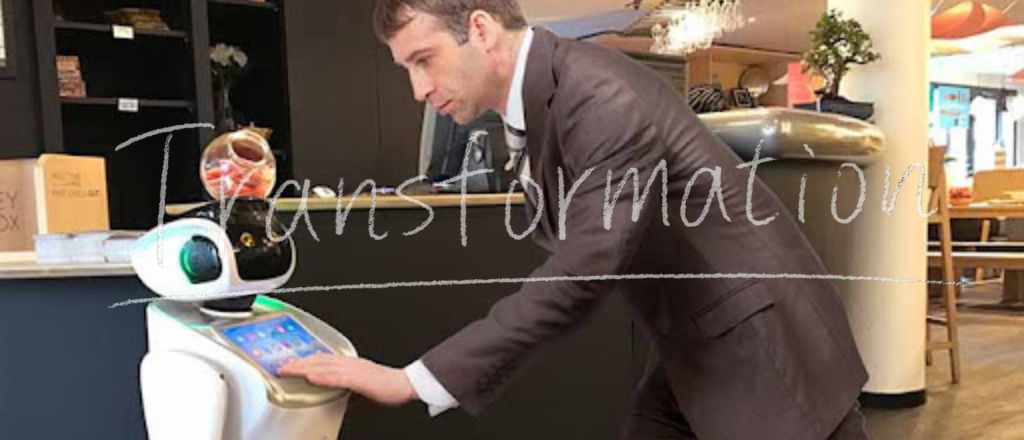
Robotics has revolutionised the hospitality industry by introducing innovative ways to enhance guest experiences and streamline operations. Robots transform traditional hospitality services From reception to housekeeping into efficient, technology-driven solutions. These advancements reshape how businesses cater to customer expectations, ensuring faster service and personalised interactions.
How Service Robots are Transforming the Hospitality Experience
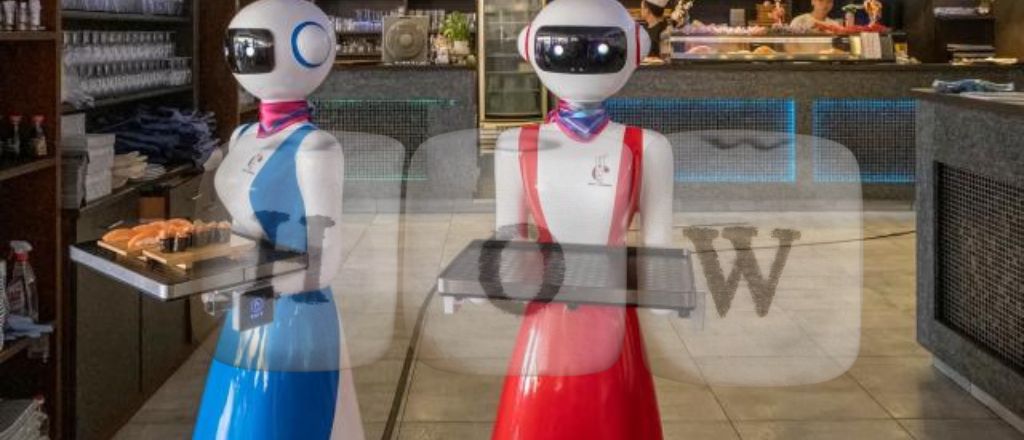
Service robots redefine hospitality experiences by taking on roles such as receptionists, concierge assistants, and room service delivery agents. These robots can provide 24/7 assistance, handle multiple languages, and maintain consistent service quality. Robotic butlers deliver items to guests' rooms while autonomous cleaners efficiently maintain hygiene standards. This transformation allows staff to focus on tasks requiring a personal touch, elevating overall customer satisfaction.
Advantages and Disadvantages of Robots in the Hospitality Industry
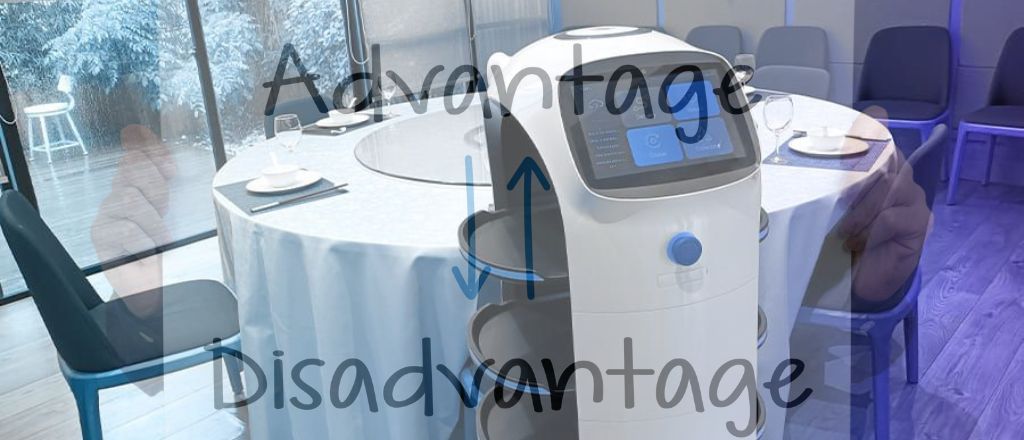
Integrating automated systems in hospitality offers numerous advantages, including increased efficiency, reduced labour costs, and enhanced customer experiences. These technologies can operate around the clock without fatigue, ensuring uninterrupted service. However, there are challenges, such as the high initial investment costs, potential job displacement, and limitations in handling complex human interactions. Balancing technology with human involvement remains a critical consideration.
Exploring the Benefits of Robots in Hospitality
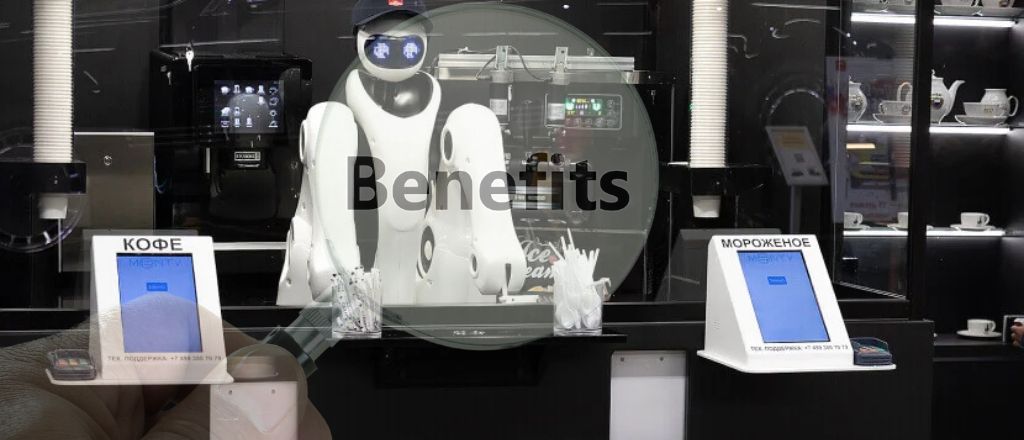
Automated systems bring several benefits to the hospitality sector, such as improved accuracy in service delivery, cost savings in long-term operations, and the ability to attract tech-savvy customers. Additionally, these technologies can handle repetitive tasks, such as cleaning and check-ins, allowing human staff to focus on creating memorable guest experiences. The use of automation also enhances operational scalability during peak seasons.
The Impact of Artificial Intelligence and Robotics Technology in Hospitality
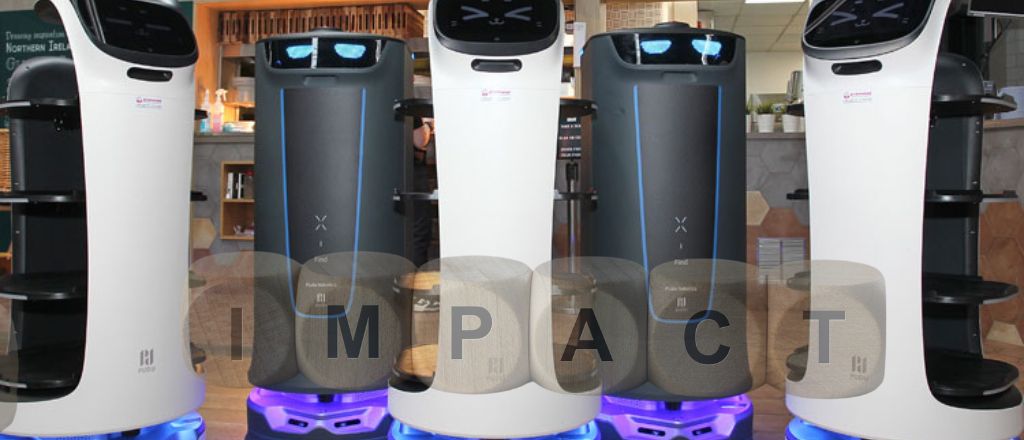
Artificial Intelligence (AI) combined with robotics technology amplifies the capabilities of automated systems in hospitality. AI-powered machines can analyze guest preferences, provide tailored recommendations, and predict future demands. This integration enables a seamless and personalized guest experience, ensuring higher satisfaction rates and fostering customer loyalty. Moreover, AI helps these systems adapt to dynamic environments, making them more versatile in their roles.
Challenges and Drawbacks of Using Robots in the Hospitality Industry
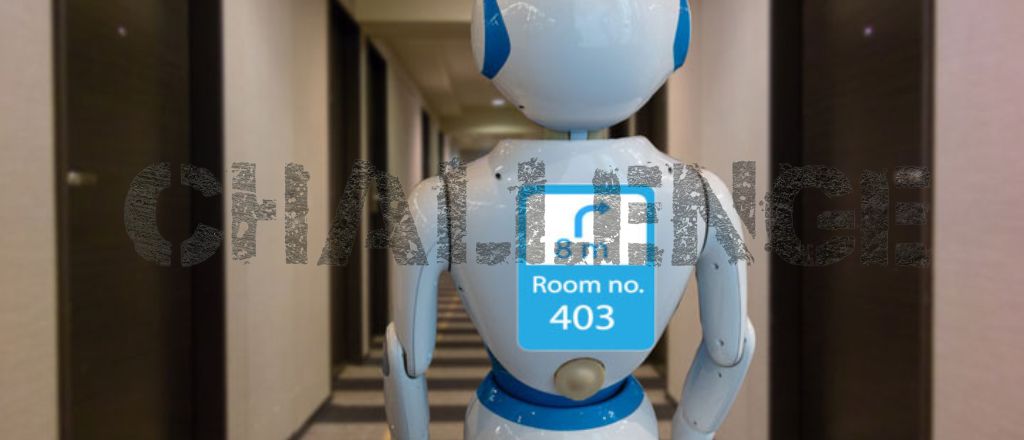
Despite their advantages, automated systems in hospitality face several challenges. High development and maintenance costs can be prohibitive for smaller businesses. Additionally, these systems may lack the emotional intelligence to handle sensitive customer issues effectively. Technical malfunctions and cybersecurity risks further complicate their adoption. Addressing these challenges is essential to maximize the potential of robotics in the sector.
Innovative Robots for the Hospitality Sector: Enhancing Guest Services
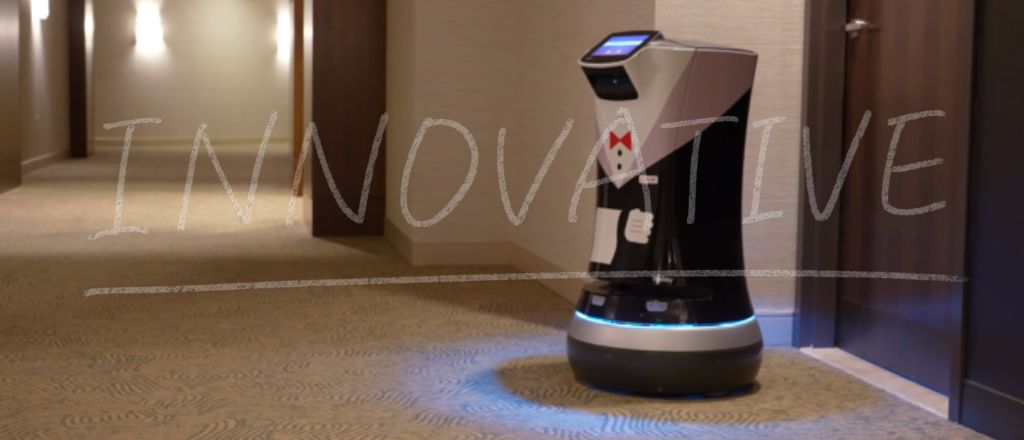
The hospitality sector is witnessing a surge in innovative automated systems designed to enhance guest services. Devices like automated concierges can guide guests through facilities, while culinary machines prepare meals with precision. Hotels also employ automated luggage handlers and AI-driven chatbots to ensure swift responses to guest inquiries. These innovations improve efficiency and create unique and memorable guest experiences.
The Rise of Robot Staff in the Hospitality Industry

The deployment of automated systems in hospitality establishments is on the rise, driven by the need for efficiency and consistency. Hotels, restaurants, and resorts are adopting these technologies for check-ins, room service, and housekeeping tasks. This trend is reshaping the workforce dynamic, with automated solutions complementing human staff rather than replacing them entirely. The integration of such systems demonstrates a shift towards embracing technology to meet modern customer demands.
Advances in Robot Technology for Hospitality Services
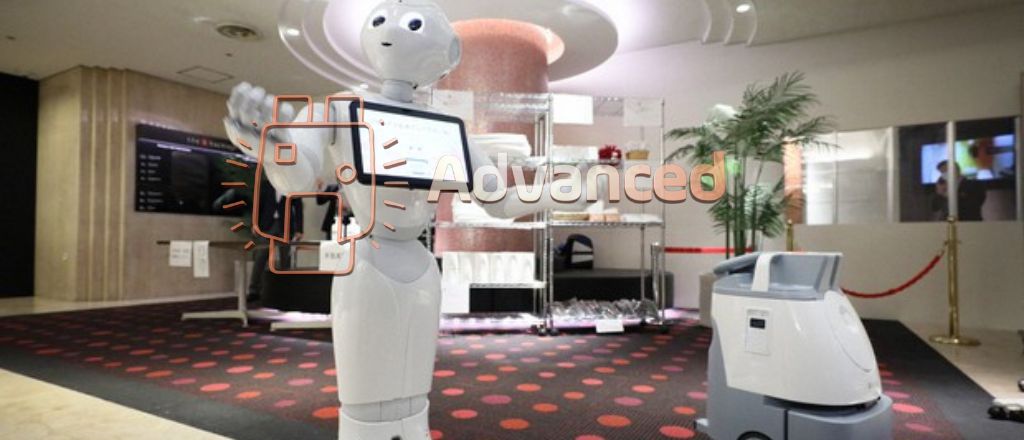
Advancements in robotics technology have introduced sophisticated automated systems equipped with AI, machine learning, and advanced sensors. These systems can navigate complex environments, recognize guest preferences, and deliver personalized services. For example, devices equipped with facial recognition can greet guests by name, creating a welcoming atmosphere. Continuous innovation in automation enhances their capabilities, making them indispensable for modern guest services.
The Future of Robots in the Hospitality Industry
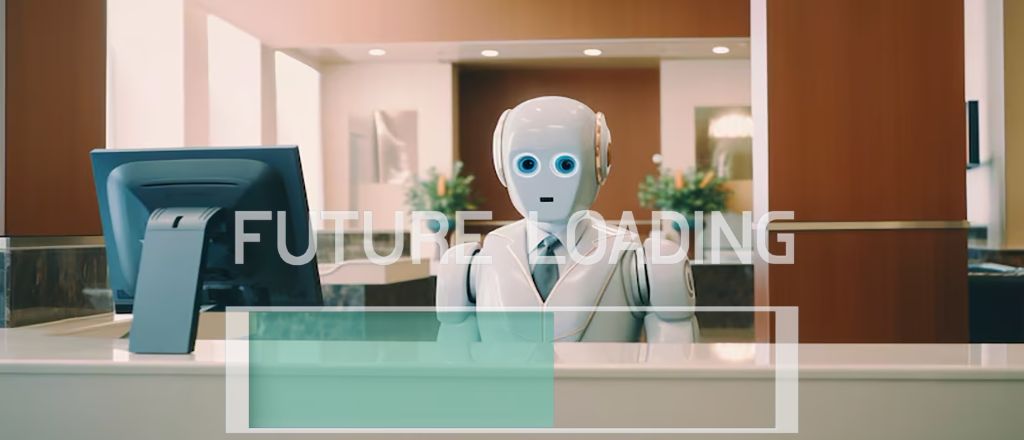
The future of automated systems in hospitality looks promising, with increasing adoption and technological advancements. Experts expect these technologies to become more intuitive and to understand and respond to human emotions. As costs decrease and technology becomes more accessible than traditional methods, even smaller businesses can leverage these solutions. Integrating advanced automation with emerging technologies such as IoT and virtual reality will further transform the industry, setting new standards for guest experiences.
Let's Ask the Expert Trevor
Robots assist in the tourism industry by providing automated customer service, language translation, travel guidance, luggage handling, and offering virtual tours.
Disadvantages include high initial costs, limited emotional intelligence, potential job displacement, technical malfunctions, and cybersecurity risks.
Robots are used for manufacturing, healthcare (surgery and elder care), logistics (warehouse management), agriculture (harvesting), and personal services (cleaning and assistance).
Automation is transforming the tourism industry by enhancing efficiency and guest experiences. Intelligent systems handle tasks such as concierge services, providing travel recommendations, and managing reservations. They also assist with language translation, making travel easier for international tourists. Self-check-in kiosks and automated luggage handling streamline airport and hotel operations, saving time for travelers. Advanced cleaning technologies maintain hygiene in shared spaces, while virtual guides offer interactive cultural and historical experiences. These technologies reduce the workload on staff, allowing them to focus on personalized services. Overall, these innovations improve service quality and cater to the expectations of modern travelers.
Hospitality robots in Australia are automated machines designed to assist with hotel and restaurant services. These robots perform tasks like delivering room service, cleaning, and providing information to guests. Equipped with advanced AI, sensors, and cameras, they can navigate environments, interact with customers, and enhance efficiency. A notable example is robots used in hotel lobbies to check in guests or guide them to their rooms. By integrating with hotel management systems, they offer seamless service. The adoption of these robots reflects the hospitality industry's shift toward technology, aimed at improving customer experience and addressing labor shortages in the sector.
Robots in hotels bring numerous advantages, such as improved efficiency, consistency, and cost-effectiveness. They can operate 24/7 without fatigue, ensuring continuous service for guests. Robots reduce human error, enhancing the accuracy of tasks like booking management and room cleaning. They also enable hotels to handle labor shortages and reduce operational costs. Additionally, robots provide unique and innovative experiences for tech-savvy travelers, increasing guest satisfaction. By performing repetitive or labor-intensive tasks, they free up staff to focus on personalized, high-value interactions with guests, ultimately improving overall service quality and operational productivity in the hospitality industry.

